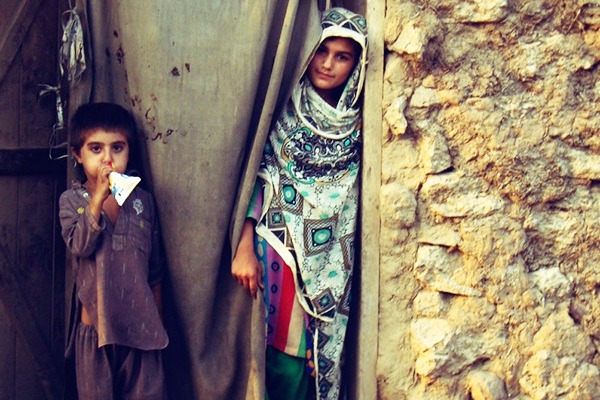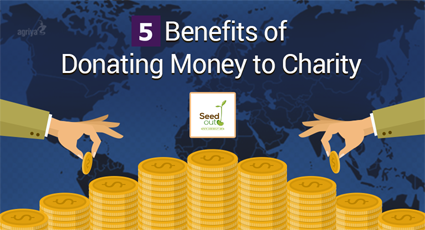While discussing the poverty statistics in Pakistan, we can only imagine the whopping amount of people living in poverty in Pakistan. Although the numbers are a reality check, they do not explain the ground realities or the sufferings of the poor communities.
As per the reports released by the Ministry of Planning, Development, and Reform in June 2016 on multidimensional poverty, Pakistan’s national poverty rates have fallen from 55 to 39 percent from 2004 to 2015. Where poverty in Pakistan’s urban areas was reported at 9.3%, there was a significant contrast in Pakistan’s rural area where the poverty rates stood at 54.6%. The data was compiled with the technical help from UNDP Pakistan and the Oxford Poverty and Human Development Initiative (OPHI), University of Oxford.
Furthermore, many factors contribute to the multidimensional poverty, for instance, deprivation in education is amongst the most significant contributors to MPI at 43% followed by living standards at 32%, and health sits at 26%.
Moreover, a large population of Pakistan is poor because of the country’s wealth being concentrated in the hands of the few top rich people and families. While the top 10% of Pakistanis earn 27.6%, the bottom 10% makes 4.1% of the income only. This results in almost 40% of the population living below the poverty line.
Another staggering fact related to poverty in Pakistan is that 60% of the Pakistanis struggle to find food to eat every day. Amongst this figure, a large part is women and children. USAID’s Office of Food for Peace fact sheet revealed that in 2017, $38 million was given to the U.N. World Food Programme for ongoing food aid. The aid provided food for 1.6 million conflict-affected Pakistani households.
Another significant consequence of extreme poverty is the rise in child labor in Pakistan. With a total of 40 million children in Pakistan, 3.8 million are working to help their families financially. To protect the rights of children, many laws have been formed against children labor. The fact that these laws are not taken seriously, almost 11 million Pakistani children work in factories under hazardous conditions.
However, in Pakistan, several measures are taken each year to reduce poverty levels. Hundreds of non-profits and government-related programs such as the Benazir Income Support Program helps the poor to rise above poverty.
Seed Out is Pakistan’s first crowd-funding non-profit organization that is working to end poverty in Pakistan. The concept of Seed Out is unique as it aims to raise a poor out of poverty by setting up a small business for him through micro financing. This not only allows him to earn money but provides him with sufficient means to make a sustainable income. When the beneficiary is fully funded, he runs his business and becomes a successful entrepreneur. His family becomes settled, his children go to school, and he can support his old parents. If you wish to help our borrowers, visit here








